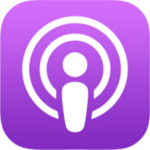À distance
Formation à la traduction
L'incontournable pour devenir traducteur certifié


Satisfaction : 91 %

Insertion : 95 %
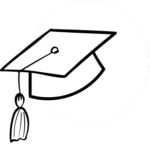
Obtention : 94 %
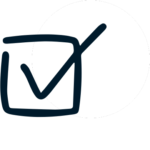
Titre RNCP
Traducteur / traductrice : un métier d’avenir
Le marché de la traduction croît d’environ 5 % par an. Dans un monde où les échanges sont de plus en plus multilingues, les besoins en traduction de qualité sont considérables. Le métier de traducteur a de l’avenir !

La traduction humaine, plus forte que l’IA
L’IA est un outil pratique pour traduire certains contenus. Mais dès lors qu’un haut niveau de qualité est requis ou que le sujet s’avère sensible, le choix d’une traduction réalisée par un traducteur ou une traductrice en chair et en os, pouvant se prévaloir d’un diplôme certifiant ses compétences en traduction, s’impose.
L’essentiel
Ils peuvent financer votre formation
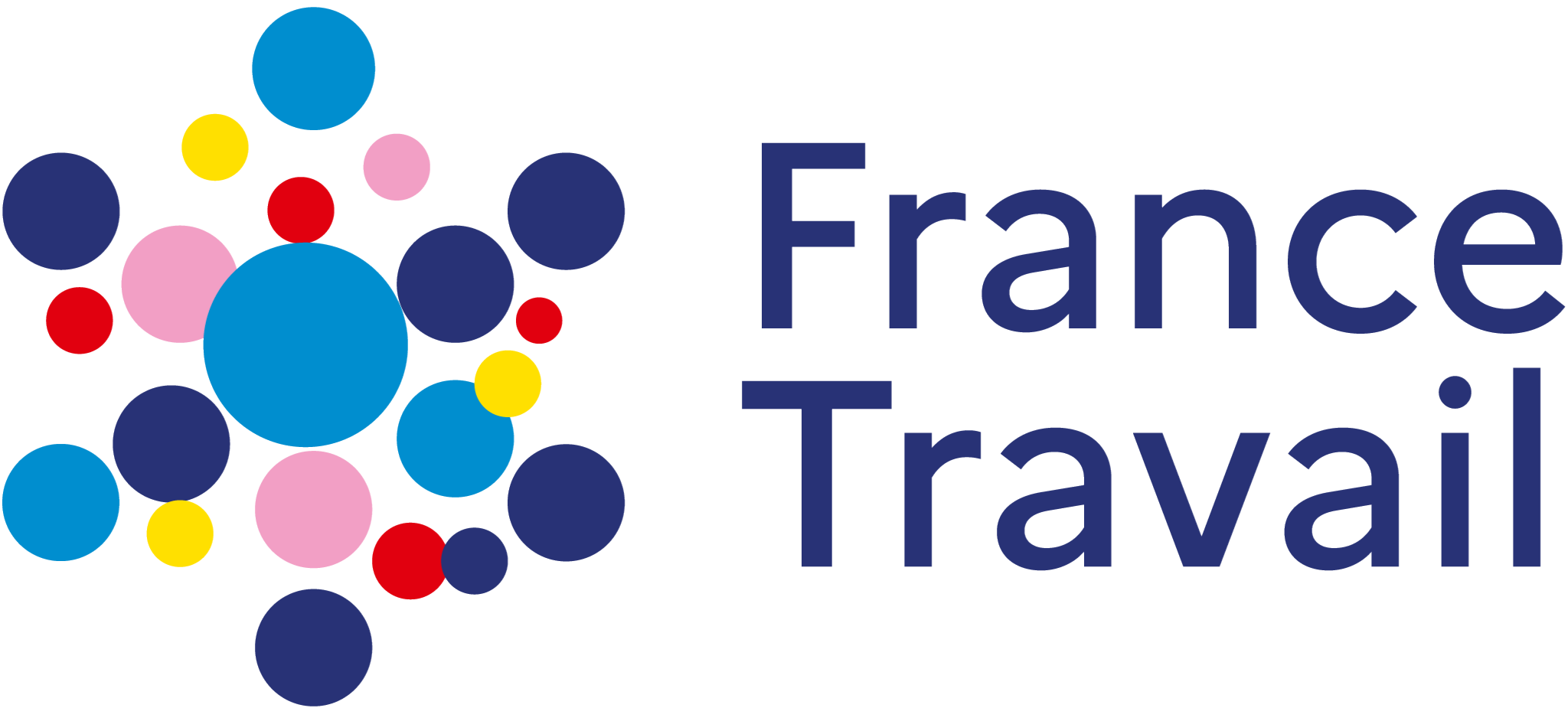
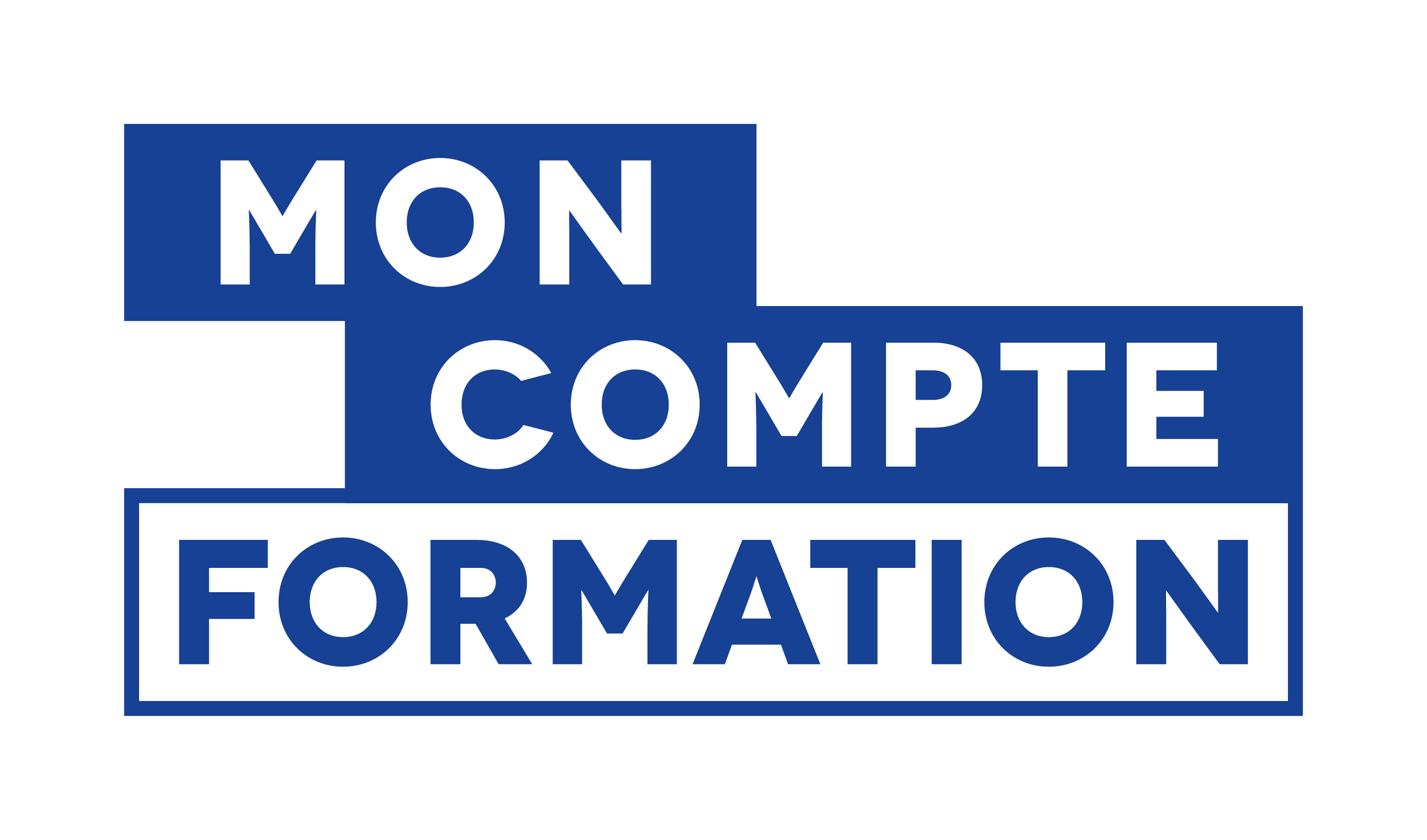
Se former c’est simple,
avec Edvenn c’est mieux !

Vous serez soutenu
Vous bénéficierez de corrections et d’un suivi individualisé assurés par un traducteur professionnel. Votre parcours de formation pour devenir traducteur ou traductrice sera rythmé par des bilans intermédiaires réalisés en ligne, en visioconférence.

… mais vous serez libre
La nuit, le jour, entre deux activités… vous organiserez votre temps de formation selon vos envies et vos contraintes.
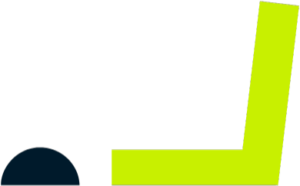
Vous apprendrez en faisant
Vous traduirez de nombreux types de documents. Chacune de vos traductions sera corrigée et commentée par un traducteur expérimenté.

Vous apprendrez avec les meilleurs
Vous serez encadré et conseillé, tout au long de votre formation, par des traducteurs et traductrice, ayant plus de 10 années d’expérience en tant qu’indépendants.
Formation à la traduction à distance
Anglais / Allemand / Espagnol / Français

Ce que vous apprendrez
Définir une stratégie de traduction sur la base du cahier des charges.
Répondre efficacement à toute demande d’un client.
Analyser tout support à traduire.
Réaliser les traductions en respectant la terminologie et la phraséologie spécifique au domaine.
Identifier les non-conformités et écarts vis-à-vis du cahier des charges en vue d’apporter les actions correctives nécessaires.
Appliquer les actions correctives à tout type de traductions générées de manière autonome et assistée afin de garantir la cohérence et la conformité de la traduction.
Utiliser tous les outils métier adaptés à l’exécution de la prestation.
La certification « Traducteur » a été enregistrée au RNCP le 30/03/2020.
Code de certification : RNCP34534
Organisme certificateur : Edvenn.
Le programme de formation
- Introduction : la traduction aujourd’hui
- Présentation générale
- Le rôle du traducteur dans le processus de traduction
- Les compétences du traducteur
- Les pré-requis indispensables : compétences linguistiques, culturelles et interculturelles
- Les compétences professionnelles indispensables
- Préparer la traduction
- Compétences analytiques et stratégiques
- Compétences thématiques
- Mettre en oeuvre la traduction
- Techniques de traduction
- Contraintes
- Traduction automatique et post-édition
- Contrôler la qualité de la traduction
- Auto-contrôles du traducteur
- Révision
- Post-édition
- Mettre en pratique ses compétences
- Traduction rédactionnelle et éditoriale
- Traduction technique
- Traduction économique et financière
- Traduction juridique
- Connaître et maîtriser les pratiques professionnelles
- Relation clients
- Relation autres intervenants
- Profession : traducteur
- Gérer son activité
- Projet final
- Évaluation certificative


Un formateur d'exception

- Traducteur indépendant depuis plus de 30 ans.
- Maître de conférences à l’Université Rennes 2.
- Directeur du Master en traduction de Rennes 2 de 2010 à 2014.
Ils sont traducteurs...

Planifiez un rendez-vous avec votre futur conseiller
15 minutes pour défricher le programme, les prérequis et les possibilités de financement en fonction de votre situation.

Posez-nous une question
Ici, pas de FAQ, mais de vrais humains pour vous répondre.
Toujours plus d’info
Objectif de formation
Réaliser des prestations de traduction de façon professionnelle.
Méthodes mobilisées
- Apports théoriques
- Mises en pratique & devoirs corrigés
- Évaluations formatives
- Bilans pédagogiques réguliers
Niveau d'entrée et prérequis
- Niveau 5 ou équivalent
- Parfaite maîtrise de la langue source (langue de départ)
- Parfaite maîtrise de la langue cible (langue d’arrivée)
Modalités d'inscription & délais d'accès
- Entrée possible à tout moment de l’année
- Admission sur dossier : CV, projet professionnel et test
- Candidature à soumettre au minimum 1 mois avant la date de début souhaitée
- Frais d’inscription : 125 €
- Voies d’accès
Modalités d'organisation
- Formation dispensée à distance via une plateforme de cours en ligne.
- Pour les questions relatives à l’accueil des personnes en situation de handicap, contactez le référent handicap Edvenn
Langues d'enseignement
Formation dispensée en français, anglais, allemand ou espagnol.
Certification : validation et équivalences
- La certification de « traducteur » (enregistrée au RNCP le 30/03/2020 avec le code de certification : RNCP34534) s’obtient par l’acquisition de l’intégralité des blocs de compétences
- Validation par bloc de compétences : oui
- Équivalence : diplôme de niveau 7 en traduction
- Correspondances : non
- Suite du parcours et débouchés : métier de traducteur
Modalités d'évaluation
Évaluation certificative
Voir toutes les modalités
Conditions de réussite
- Suivre l’intégralité des contenus pédagogiques
- Réaliser les exercices demandés
- Prendre en compte les corrections et recommandations du formateur
- Respecter le rythme et le calendrier de formation
Domaine de formation
136g – Langues étrangères ; Interprétariat et traduction
Translate

Le podcast des traducteurs et des rédacteurs techniques
À écouter sur

Vous souhaitez devenir traducteur ou traductrice ?




